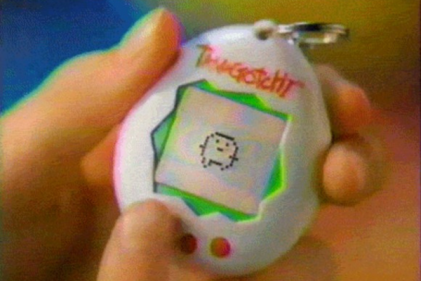Ever since he received his Spiderman toy, it has been his favorite and goes everywhere with him. However, he suddenly tells you that he does not like his Spiderman toy anymore. When you ask him why he feels this way, he will probably tell you that his friends say that Superman can beat Spiderman any day. This is typical peer pressure and your child is trying to be like his new mates.
Sad as it is, peer pressure is a reality even at the age of four. Your child enters preschool and discovers peer pressure for the first time while playing with friends. He is learning to play cooperatively with his friends, and wants to fit in. This is when your child might announce to you that one of his friend’s has a TV in his room and that he would also like to have one.
Your best response to this would be to gently explain to your child that everyone is different with different needs, likes, and dislikes, and it is perfectly acceptable. Explain too, that different families have different sets of rules, so the way you live in your home is different to the way other people live in their homes.
Sad as it is, peer pressure is a reality even at the age of four. Your child enters preschool and discovers peer pressure for the first time while playing with friends. He is learning to play cooperatively with his friends, and wants to fit in. This is when your child might announce to you that one of his friend’s has a TV in his room and that he would also like to have one.
Your best response to this would be to gently explain to your child that everyone is different with different needs, likes, and dislikes, and it is perfectly acceptable. Explain too, that different families have different sets of rules, so the way you live in your home is different to the way other people live in their homes.






